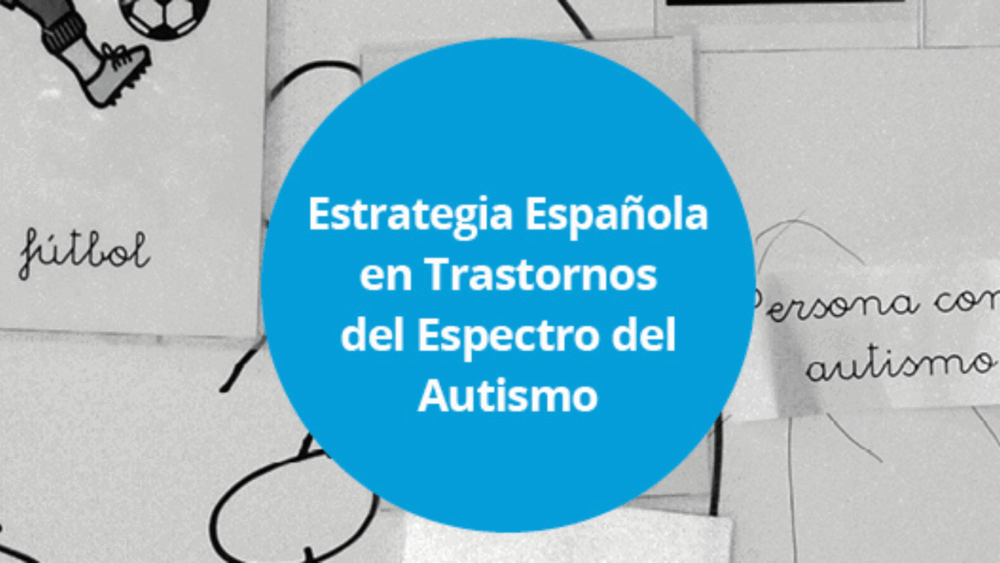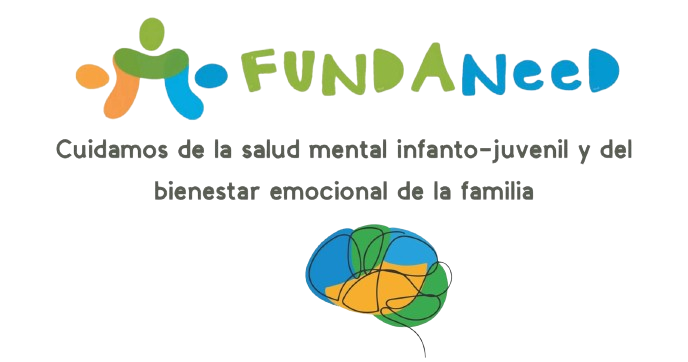Autism Prevalence in Spain
Accurately determining the number of people with Autism Spectrum Disorder (ASD) in Spain is a challenge due to the lack of comprehensive official records. However, based on recent estimates, it is believed that approximately 1 in every 100 people has ASD. This would mean that between 460,000 and 470,000 people in Spain are on the autism spectrum.
It is important to note that not all of these individuals have a formal diagnosis. According to data from Autismo España, fewer than 100,000 people in the country have been diagnosed with ASD, and around 90% of them are under 30 years old. These figures highlight the need to improve detection and diagnostic systems, as well as to raise greater awareness about autism in Spanish society.
Spanish Strategy on Autism Spectrum Disorders
The Spanish Strategy on Autism Spectrum Disorders was approved by the Council of Ministers on November 6, 2015, serving as the reference framework for defining policies and actions at the national, regional, and local levels related to people on the autism spectrum. The document was developed with the participation of disability organizations.
The Strategy is structured around 15 strategic lines—4 of them cross-cutting and 11 specific—as well as the commitment to implement an Action Plan that sets out concrete actions tied to the objectives defined for each of them.
To fulfill this mandate, the First Action Plan resulting from the Spanish Strategy on Autism Spectrum Disorders for the period 2023–2027 has been presented. It was drafted by the Spanish Center on Autism Spectrum Disorders, an advisory body of the Royal Board on Disability under the Ministry of Social Rights, Consumer Affairs, and the 2030 Agenda.
Psychoeducational Approach
These strategies have a fundamentally psychoeducational character, with a special focus on the communicative and social development of the individual, as well as on promoting learning that is meaningful and relevant to their lives.
They also emphasize the importance of individualized support and early interventions. Moreover, the strategies highlight the need for actions that foster participation in the individual’s environment and consider their personal interests and preferences. Finally, they stress the importance of generalizing experience and learning across all contexts in which the person is involved, effectively promoting personal autonomy and social inclusion.
Health and Healthcare
Research on the health and healthcare of people with autism indicates that they tend to have poorer health outcomes than the general population at all stages of life (Croen et al. 2015; Kuo et al. 2022; Rydzewska et al. 2019a). In this regard, health problems appear to increase with age more significantly than in the general population (Rabins, 2016).
AUTISM RESEARCHERS
Thanks to the work of researchers, the perception of autism has evolved significantly. Today, the focus is not only on identifying and addressing challenges but also on recognizing the unique strengths of those on the spectrum.
Promoting acceptance and understanding of autism is key to building a society that embraces diversity and allows every individual to thrive on their own terms.
Leading Researchers in Spain Who Have Made Significant Contributions in the Field of Autism Spectrum Disorder (ASD):
Mara Parellada
Contributions: Coordinator of the AMITEA program at the Gregorio Marañón Hospital in Madrid, one of the leading centers for comprehensive autism care in Spain. She has led research on the neurobiological foundations of ASD, the overlap between autism and psychosis, and the identification of clinical subtypes of autism. She has also worked on the development of more precise diagnostic tools.
Dr. Ricardo Canal
Notable Contributions: Researcher on ASD and other neurodevelopmental disorders at the University of Salamanca. Dr. Canal has focused his research on autism and related conditions, contributing significantly to the field. He leads the INFOAUTISMO research group at the University of Salamanca, dedicated to studying and disseminating knowledge about autism.
Manuel Posada de la Paz
Contributions: Director of the Institute for Research on Rare Diseases (IIER) at the Carlos III Health Institute. He has participated in key epidemiological studies to determine the prevalence of ASD in Spain and has conducted research on identifying genetic and environmental factors associated with autism.
Gisela Sugranyes
Contributions: Researcher at Hospital Clínic de Barcelona, focusing on neuroimaging studies to identify structural and functional brain differences in individuals with ASD. Her work is crucial to better understanding the neurological basis of autism symptoms.
Ángel Carracedo
Contributions: World-renowned geneticist based in Galicia. He has led research into the genetic foundations of ASD, helping to identify genetic variants associated with the development of the disorder. His work has major implications for early diagnosis and the development of personalized therapies.
Mercedes Belinchón
Contributions: Professor at the Autonomous University of Madrid, she has conducted extensive research on the cognitive, linguistic, and social aspects of ASD. She is a leading voice in Spain on how to adapt education for people with autism.
Pilar Pozo
Contributions: Researcher and professor at UNED, she has studied the psychological impact of ASD on families, coping strategies, and quality of life for both individuals with autism and their caregivers.
Jordi Artigas-Pallarés
Contributions: Pediatrician specialized in neuropediatrics, he has conducted research on early diagnosis and the impact of comorbidities in ASD. He advocates for the importance of early and personalized interventions.
Manuel Lladó
Contributions: Neuropsychiatrist at Sant Joan de Déu Hospital in Barcelona. His work focuses on interventions for children with ASD and evaluating the impact of behavioral and pharmacological treatments.
María José Rodrigo
Contributions: Psychology professor at the University of La Laguna, she has researched parenting styles and their influence on the development of children with ASD, helping to create support programs for families.
Susana Jiménez-Fernández
Contributions: Researcher at the Virgen del Rocío University Hospital in Seville, she has worked on studies regarding the impact of ASD on mental health and the development of strategies to improve social and educational integration.
These researchers have significantly advanced knowledge of ASD in Spain, improving diagnosis, interventions, and support for individuals with autism and their families.
Internationally Renowned Autism Researchers:
Simon Baron-Cohen
A global leader in autism research, Professor Baron-Cohen heads the Autism Research Centre at the University of Cambridge. He is known for theories such as the “extreme male brain” and “hyper-systemizing,” which propose that people with ASD have a tendency to analyze and construct systems. He has also explored neurological differences in autism and the importance of neurodiversity.
Uta Frith
A pioneer in autism studies, Uta Frith developed foundational theories about “theory of mind” difficulties in individuals with ASD—referring to the ability to understand others’ thoughts and intentions. Her work has been essential in revealing how people on the spectrum process information.
Temple Grandin
While primarily known as an advocate for the rights of autistic individuals, Temple Grandin is also a researcher and influential author. From her own perspective as an autistic person, she has contributed deep insights into how autism affects sensory and cognitive perception.
Catherine Lord
An expert in the development of diagnostic tools such as the ADOS (Autism Diagnostic Observation Schedule), Catherine Lord has revolutionized how ASD is identified and assessed, especially in children. Her work has been crucial for improving early diagnosis and timely intervention.
Laurent Mottron
With a strong emphasis on neurodiversity, Mottron advocates that people with ASD possess unique abilities that should be recognized and supported. His research explores how the specific talents of autistic individuals—such as memory and visual skills—can be used for their personal and professional development.
To be considered
- This article is purely informational and does not replace the opinion of a mental health professional.
- If you have concerns about your own or a loved one’s mental health, we recommend seeking help from a trained professional.
- Always verify and contrast the information presented in this article with reliable sources.
Other downloads
Resolution of the presidency of the national disability council



Comments are closed.